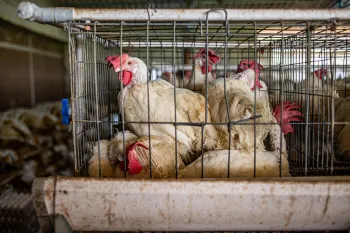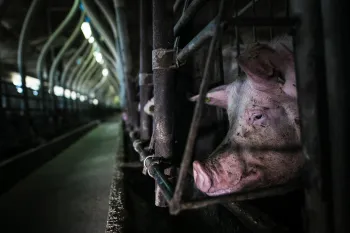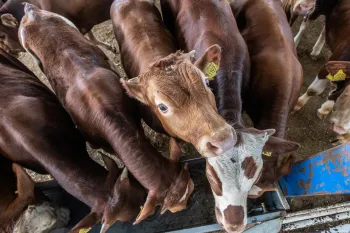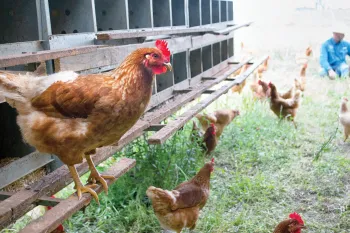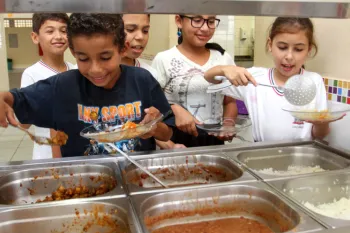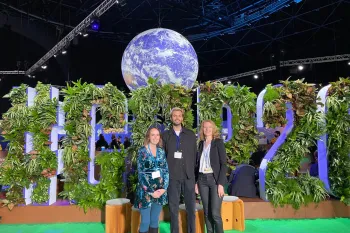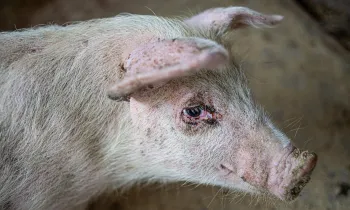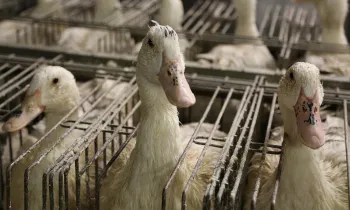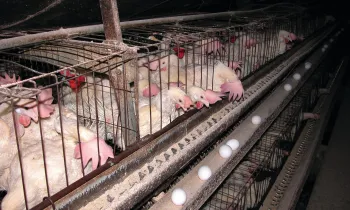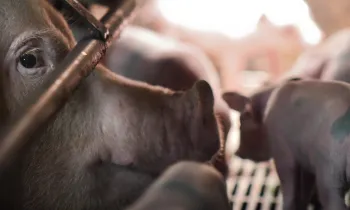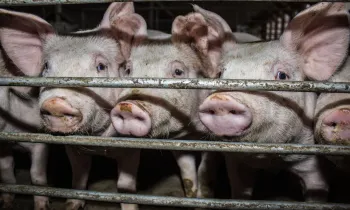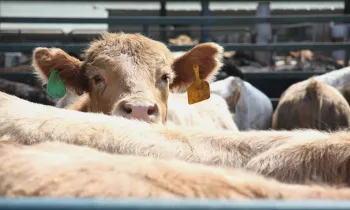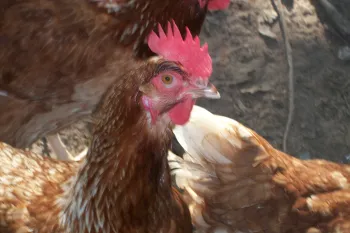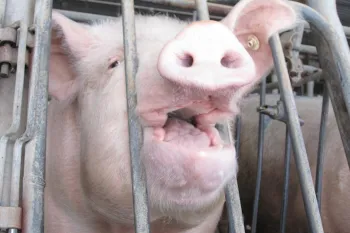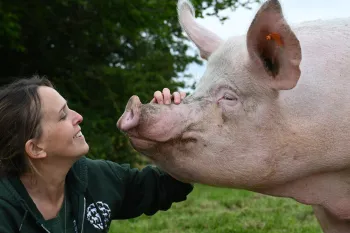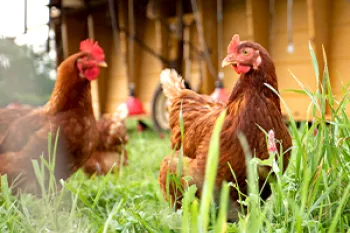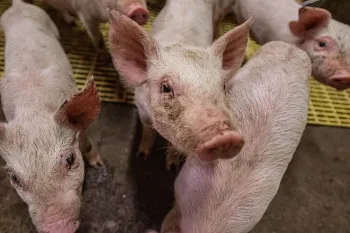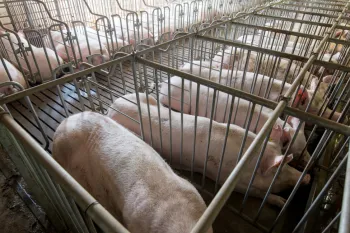
Alamy
Farm animal welfare
Whole industries have been built on animal suffering, but it doesn’t have to be that way. Show world leaders that you support a transition toward a more resilient, plant-centric food system.
By the numbers
We must rethink our global food systems to protect farm animals and the planet. At Humane World for Animals, we're combining science, advocacy, and corporate engagement to persuade food companies, financial institutions, governments, and producers to improve the welfare of farmed animals and transition toward a more humane food system.
are kept and slaughtered for food globally each year, most confined in industrial factory farms.
suffer annually in cramped conditions — raised for meat or caged for egg production.
have pledged to eliminate cage confinement for hens and pigs in their supply chains.
Speak up for farm animals
More than 94.9 billion farmed animals are kept and killed for food each year, causing immense animal suffering and releasing greenhouse gas emissions at levels on par with all cars, planes, trains and boats around the world combined. We need to prevent the suffering of animals on factory farms and protect the world around us.
What is factory farming?
Many people have a vague idea, but few know the true extent of the horrors in these massive operations. Animals are cruelly confined for their entire lives in these brutal and violent places where the only way out is a horrific death. Most are denied any opportunity to express their natural behaviors, and will never breathe fresh air or feel grass beneath their feet.

MEDITERRANEAN/Getty Images
How do we achieve food security?
The answer is not what you think. Food insecurity is a major global issue. It’s about more than just having enough food to go around—it’s about whether everyone can access healthy, affordable and nourishing food.
Help farm animals
Every action matters. Join our efforts to end factory farming cruelty, protect farm animals, and support a more compassionate food system. Discover ways to help farm animals today.
You can help farm animals
Animals on factory farms never breathe fresh air or feel grass beneath their feet. Your generous gift will support our efforts to improve their lives and other animals in need.
S. Chakrabarti/
